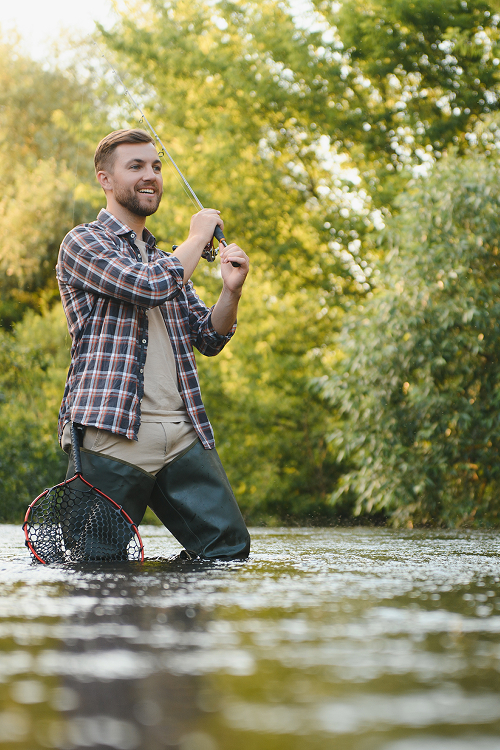When people talk about fly fishing etiquette, it feels like an old tradition that has been passed down. But in truth, it is the framework that keeps rivers in Tennessee, such as the Pigeon River or the Norris-Clinch River, welcoming to everyone. Anglers of all levels rely on these unspoken rules. They protect the water, respect the fish, and maintain a fair atmosphere. Without them, fly fishing would feel chaotic instead of relaxing and peaceful. Let's discuss today's fly fishing etiquette.
The Golden Rule of Fly Fishing Etiquette
The golden rule of fly fishing is simple. Treat other anglers the way you would want to be treated. That means showing patience and keeping the river's flow in mind. Tennessee rivers, including the Little River or Cherokee Holston, hold both smallmouth bass and trout, and both attract a steady crowd. The vast majority of fly fishing anglers respect this golden rule because it keeps the environment positive.
Sharing the Same Water
It is common for many fly fishermen to target rising fish in the same stretch of water. However, proper etiquette is about respecting distance and personal space. Don't crowd into a hole already being fished. The same water may look tempting, but crowding spoils the entire fly fishing experience for everyone. Fellow anglers will appreciate your patience if you give them space to complete their task.




